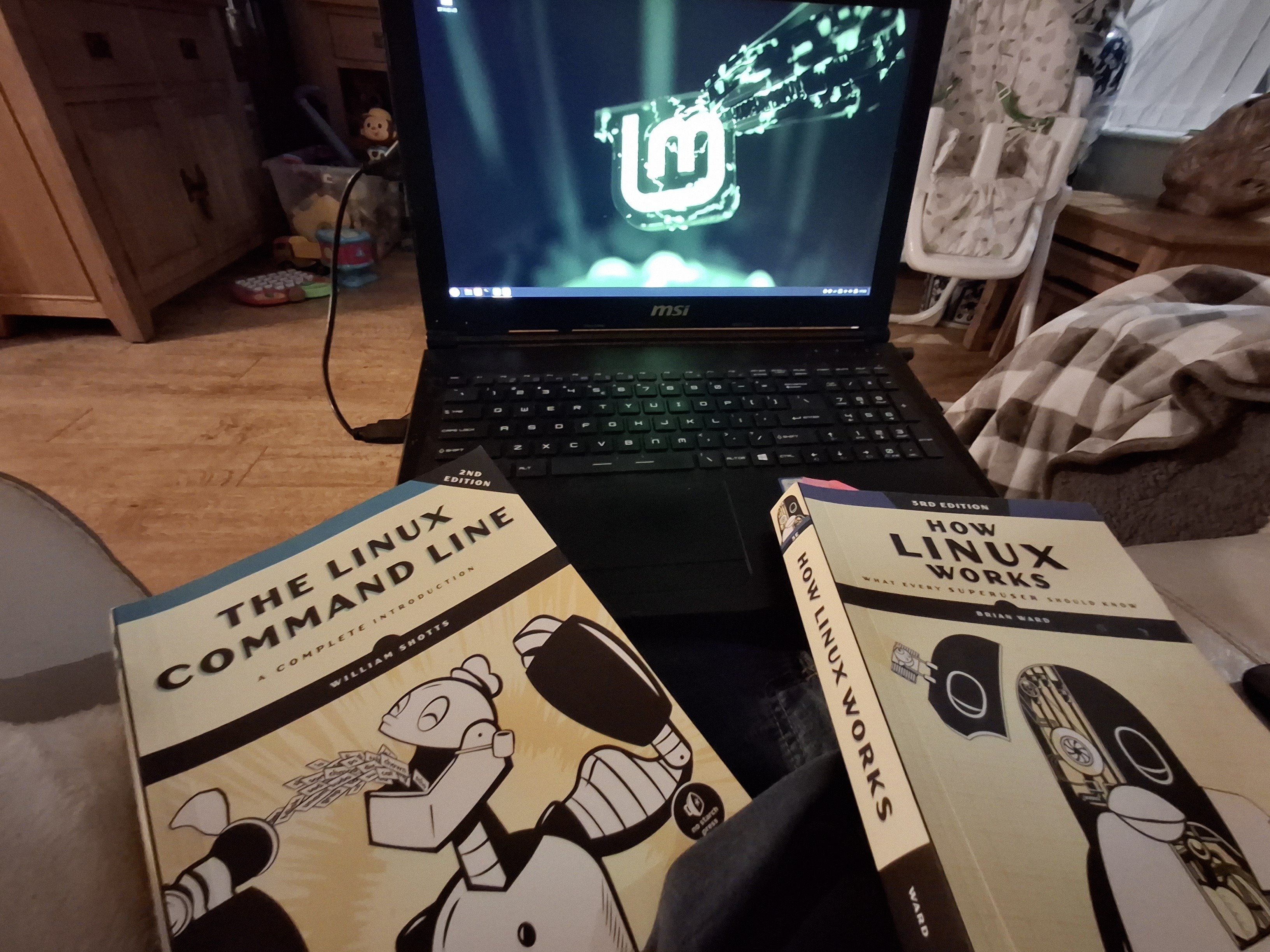this post was submitted on 07 Dec 2024
929 points (98.5% liked)
linuxmemes
23013 readers
430 users here now
Hint: :q!
Sister communities:
Community rules (click to expand)
1. Follow the site-wide rules
- Instance-wide TOS: https://legal.lemmy.world/tos/
- Lemmy code of conduct: https://join-lemmy.org/docs/code_of_conduct.html
2. Be civil
3. Post Linux-related content
sudo in Windows.4. No recent reposts
5. 🇬🇧 Language/язык/Sprache
Please report posts and comments that break these rules!
Important: never execute code or follow advice that you don't understand or can't verify, especially here. The word of the day is credibility. This is a meme community -- even the most helpful comments might just be shitposts that can damage your system. Be aware, be smart, don't remove France.
founded 2 years ago
MODERATORS
you are viewing a single comment's thread
view the rest of the comments
view the rest of the comments

Be mindful that Linux changes faster than a lot of books. I would stick to online documentation.
Schotts actually provides TLCL for free, and last updated it a month ago:
https://www.linuxcommand.org/tlcl.php
Those books were published in 2019 and 2021. They'll still be mostly accurate a decade from now. Open-source developers usually try not to introduce breaking changes to mature software unless absolutely necessary.
Books will teach the essentials: my core UNIX knowledge comes from an SVR4 book I read in the late 2000s (a decade or more after it was relevant) and it's still applicable today
Documentation is not the proper place for an absolute beginner to learn (unless it explicitly has tutorials, and even then they're not always great).